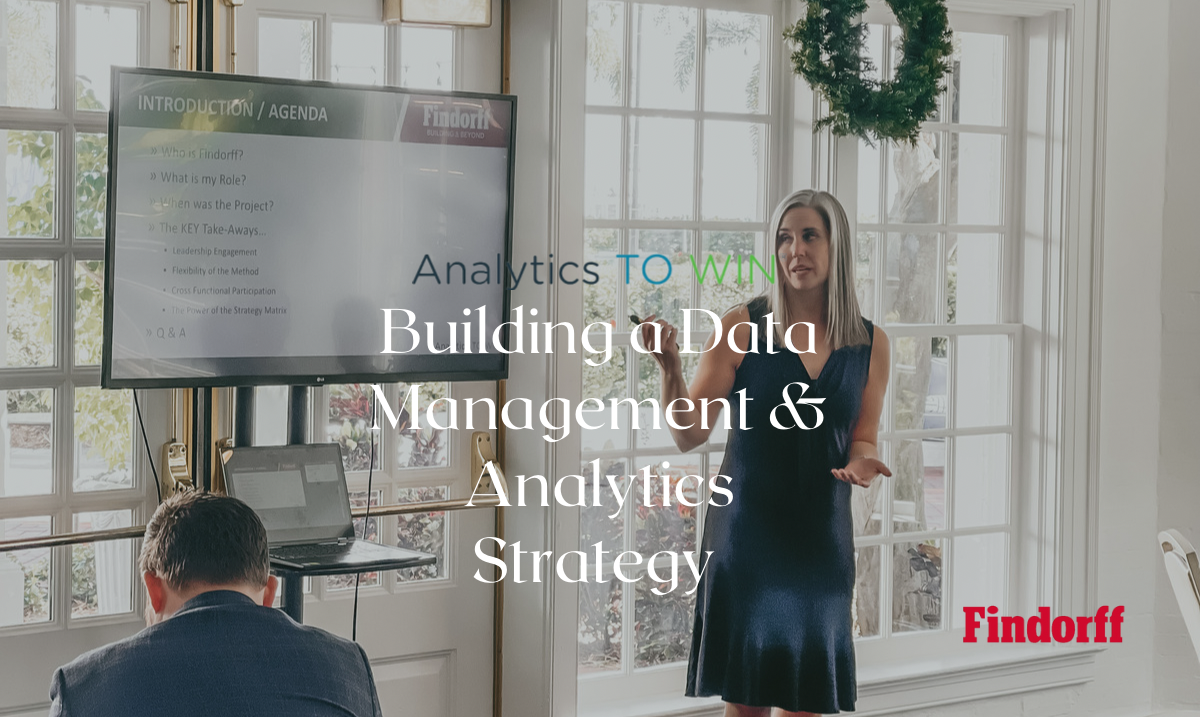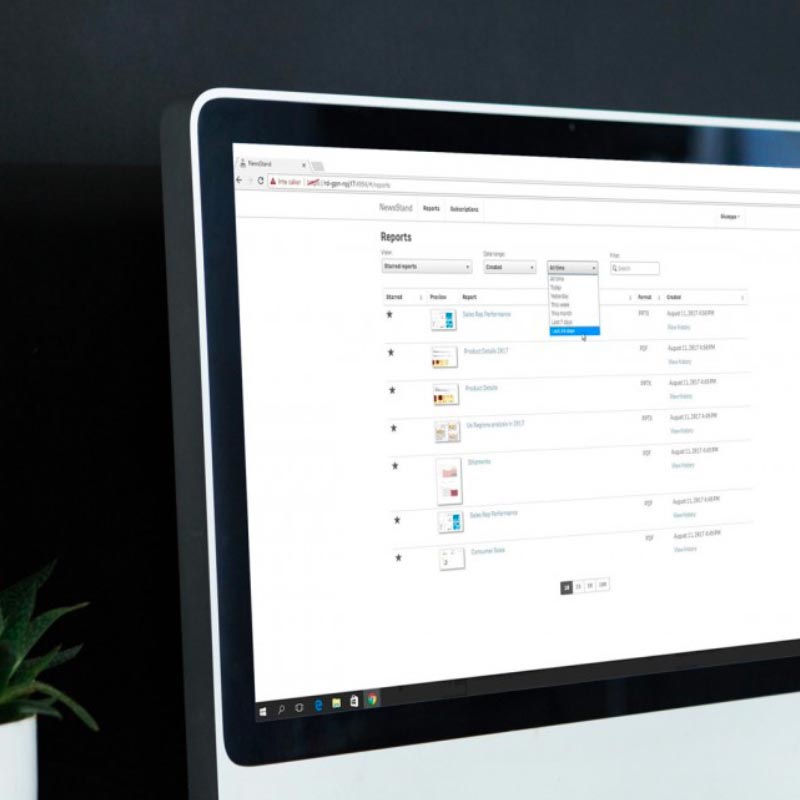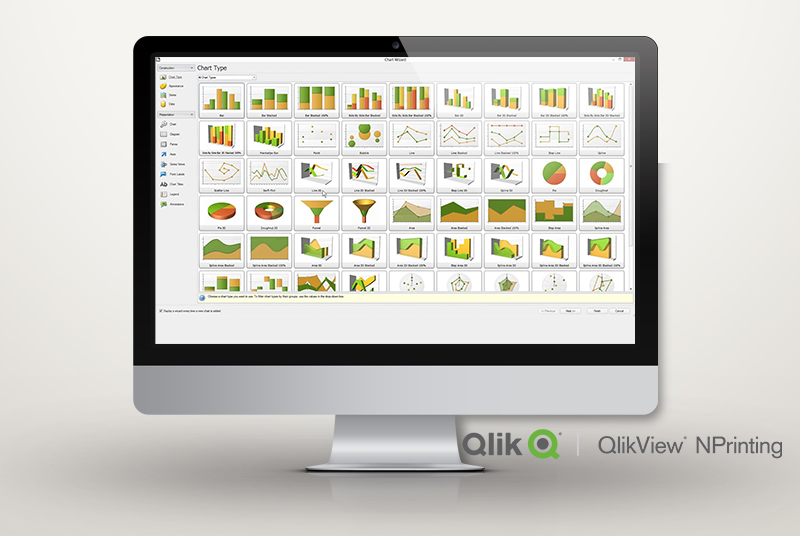Our accelerator package to quickly and efficiently migrate your BI dashboards and infrastructure to Power BI
Our team of business intelligence consultants will partner with you to replicate your BI dashboards, reports, ETL process and infrastructure in Power BI. It is important when engaging on a migration exercise to not just replicate what you have but to enhance it, we will partner with you to maximise your return-on-investment and the value the BI solutions bring to your business.
Why Migrate to Power BI?
Self-Service
Power BI empowers users to design and deploy their own reports and analyses, it helps everyone in your organization to find insightful answers to critical business questions. Fostering a data-driven culture can assist organizations in becoming self-aware and “able to adapt to the unpredictable more quickly than their competitors could.” A pervasive data-driven culture can incentivize employees at any level of the organization to generate and distribute actionable knowledge.
Decrease Complexity and Reduce Costs
Most enterprises use on average 3+ different BI platforms. This causes an overload of reports that are hard to find, creates duplication and redundancy of information, increases chance of errors, and introduces liability to the enterprise. Leading to governance nightmare, productivity loss, and lack of control of the reporting environment. Rationalizing the delivery of enterprise BI to a single platform, Microsoft, addresses these issues
Increase Productivity and Efficiency
Address economic pressures for increased productivity with fewer resources, time, and staffing. Drive user adoption by focusing on end-user needs and building accessible solutions that enable users to get the insights they need.
Integrate with Power Platform
Accelerate innovation and reduce costs as you analyse data, automate processes, and build apps, websites, and virtual agents with Power Platform. Power BI has in-built integration with the Azure data platform. It brings together data integration, enterprise data warehousing, and big data analytics with a unified experience to ingest, explore, prepare, transform, manage, and serve data for immediate BI and machine learning needs.
Our Migration Strategy
-
1
Catalogue BI & Data assets
Discovery of customer’s BI
reporting and data landscape -
2
Consumption Insights
Analysis based on the
usage history and
organizational hierarchy -
3
Metadata lnsights
Identification of duplicity
and redundancy of
reporting assets -
4
Assets Rationalisation
Rationalize based on
consumption insights
metadata insights -
5
Gap identification imapct assessment
Understand the current business needs and
associated gaps along with the impact of
rationalization -
6
Prioritization and Roadmap
Build a roadmap based on the impact
assessment and change management -
7
Accelerated Report Migration
Implementation of
Power BI reports -
8
Adoption & Govemance
Nurture data culture through driving
adoption. implement govemance
policies to ensure security and stability
How we Achieve Power BI Migration Success
Every migration is slightly different. It can depend on the organizational structure, data strategies, data management
maturity, and organizational objectives. We have consistently achieved Power BI migration success with our clients
Executive sponsorship
Identify an executive sponsor early in the process.
Training, support, and communication
Recognize that it’s more than just a technology initiative. Any BI or analytics project is also a people initiative, so consider investing early in user training and support.
Quick wins
We prioritize high-value items that have tangible business value and demonstrate the value of the migration immediately.
Modernization and improvements
Be willing to rethink how things have always been done. Migration can provide an opportunity to deliver improvements. Refactor, modernize, and consolidate overlapping existing reports into one, or eliminating legacy items that haven’t been used for some time.
Continual learning
Be prepared to use a phased approach while continually learning and adapting. Work in short, iterative cycles to bring value quickly.
Overcoming resistance to change
Understand there may be varying levels of resistance to change; some users will resist learning a new tool. We are well-versed in overcoming these challenges to make your migration successful.
Case Studies

Multinational Bank’s Need of Fluid Understanding for their FX Pricing
Tim Watson, Partner

Building a Single View of a Customer’s Portfolio to Support Regulatory Compliance
Henk Thomas, Senior Consultant

ERP UI Automation for Tricky Pricing Structure
Ricky Romanek, Senior Consultant

Qlik – A Competitive Advantage to Reducing Risk in the Fast-Paced Insurance Market
David Gausmann, Senior Consultant

Azure Cost Optimization for Essense of Australia
Douglas Robertson - Senior Consultant

Data Transformation and Visualization in Retail using 3 Key Solution Products
Todd Bailey - Principal Consultant, Ricky Romanek - Senior Consultant

Leveraging Machine Learning in the Energy Markets
Umar Ali - Data Consultant

Data Transformation and Visualization in Engineering using 3 Key Solution Products
Todd Bailey - Principal Consultant, Umar Ali - Data Consultant, Connor Reffell - Senior Consultant

Data Transformation and Visualization in Engineering using 3 Key Solution Products
Todd Bailey - Principal Consultant, Ricky Romanek - Senior Consultant

Visualizing Data for Industrial Operations
Todd Bailey - Principal Consultant, Umar Ali - Data Consultant, Connor Reffell - Senior Consultant

Fighting Human Trafficking Through Better Access To Data
John Fitzgerald - Partner

"Covid related supply chain disruption and labor shortages are causing havoc to our traditional forecasting"
Graeme Russell - Senior Consultant

Driving Agile Wins in Heavy Manufacturing
Hamish Imrie - Principal Consultant

Smart Chicken: A passionate poultry producer from small-town Nebraska makes big waves in BI and analytics

Customer Insight & Marketing Effectiveness
Murray Campbell, Senior Consultant

Tracing Fraudulent Applications within Salesforce
Hamish Imrie - Partner

Tracing Fraudulent Activities within a Multinational Logistics Company
Hamish Imrie - Partner

Tracing Fraudulent Activities within Utilities & SAP
Hamish Imrie - Partner

Voluntary compensation scheme following mis-sold derivative products to small and medium sized companies.
Henk Thomas - Services Consultant EMEA

Finding the right client pricing solutions with FX Sales & Trading
Rozanne Forword - Account Executive

Ensuring Data Accuracy in Reporting
David Carson - Head of Data Engineering

Data Analytics in the Hospitality Industry
TOM IMRIE - SENIOR CONSULTANT

Facilitating change in a financial division through a Global Sales Report
HAMISH IMRIE - PARTNER

Facilitating change in the consumer goods industry
ROZANNE FORWORD - SALES ACCOUNT EXECUTIVE

Business Intelligence in the Retail Environment– Challenges, Solutions & Impacts
Migration to Power BI Assessment
Get in touch to book a migration assessment.
In this assessment, we will review your current BI reporting platform and plan the process for moving it across to Power BI. We will create a roadmap for migrating you from your existing business intelligence platform to Power BI.
Following the assessment, we will send you a proposal detailing a full migration strategy that includes:
- Cost savings attainable by converting to Power BI
- Cost evaluation of the migration exercise
- How Power BI can be used to drive the adoption of your data analytics tools
- Recommendations for making the most of the entire Microsoft data stack
- Identification of any opportunities to increase business value





































